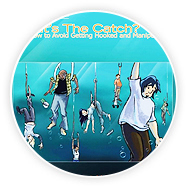ARTICLES
Inventions and Inventing
Finding Solutions to Practical Problem’s
While familiar to us in science and engineering, we also use the word ‘invention’ in other creative endeavours such as music, mathematics, fine art and literature. In this broader context we can define invention as the purposeful use of imagination, to satisfy a human need [see appendix: Art, Science and Creativity]. Therefore the aspects of invention such as the timing and the underlying mental processes outlined specifically here in relation to science and technology, apply equally to much wider areas of creativity and problem solving.
An essential requirement for an invention is that it be a new idea rather than a modification or reformulation of an existing concept. A more precise criterion for defining novelty in terms of overcoming contradictions is described in the section on the science of inventing.
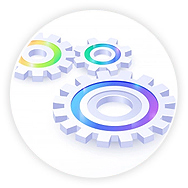

The Role of ‘Primitive’ People in Identifying and Approaching Human Problems
Monograph Series 30
Our unique and versatile minds may have developed according to evolutionary pressures to survive, but barely were they formed, than they began to work in extraordinary ways, challenging and redefining the very forces of nature they came into contact with. Even while he lived in caves and hunted for a living, man asked questions that went far beyond the mundane: Where are we going? Where did we come from? What forces shaped our universe? The story of our evolution includes our attempts to find answers to these questions, and many more. Our shared human history may shed some light on the advantages, origins and possible future development of what has become an unstoppable habit – man’s determination to use the power of his mind to break through whatever restrictions face him.
Examination of the archaeological record, as well as of ‘modern primitives’ living in contemporary hunter-gatherer societies, shows at the very least that supposedly ‘primitive’ peoples have dealt with human problems in similar ways. Above all, the debt we owe to them for their pioneering role in identifying and approaching problems common to all of humanity should be recognised. We shall start by examining the origins of man’s capacity to adapt and survive, which goes back to the birth of humanity.


The price of self-delusion – (MYTH & MONEY, TECHNOLOGY & PHYSICS)
by Dr. Tim Morgan
It can’t be emphasized too often that GDP, which is the preferred measure of economic output and “growth”, has become progressively less meaningful over time.
Essentially, GDP mistakes money for prosperity. It counts the spending of money as economic “activity”, drawing no distinctions between how the money is spent, or whether the money itself has been earned, borrowed, airily promised for the future, or simply created out of the ether.
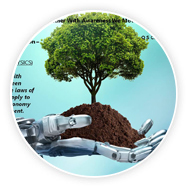

ALL ABOUT ME Series – Excerpts from ME AND MY FEELINGS; WHAT EMOTIONS ARE AND HOW WE CAN MANAGE THEM
By Robert Guarino
Me and My Feelings, explores a crucial part of what makes us human. Understanding our emotions can help us to become successful and healthy adults, yet they often operate beneath our awareness. Me and My Feelings explains our emotions and how they affect our mood, thinking, and behavior. Reading it, young people will discover all that scientists and researchers know, and also explore questions yet to be answered.
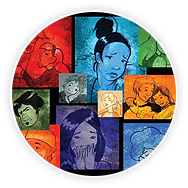

ALL ABOUT ME Series – Excerpts from “ME AND MY MEMORY; Why we Forget some things and Remember others
By Robert Guarino
This book explores the mystery of our minds and memory. How do we remember? And how do we forget? Memories give us a sense of continuity between past and present. The more associations we have to something, the more important or meaningful it is, and the better we remember it. Memory is an important part of what makes us human. It is what gives us a past, illuminates our present and helps us orient to the future.
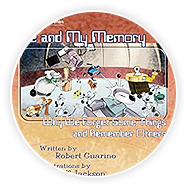

ALL ABOUT ME Series – Excerpts from WHAT WE SEE and DON’T SEE
By Robert Guarino
What We See and Don’t See explores perception. It will help young people learn how our brain makes sense of the world, how it simplifies and organizes information. They’ll discover how we see what we see and, sometimes, don’t see what is obviously in front of us; how our five senses can be “extended” and our perception enhanced. Seeking assistance does not mean you are less independent. It actually shows, you know how to use your self-control.
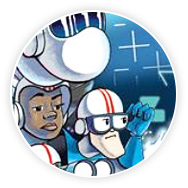

ALL ABOUT ME Series – Excerpts from What’s the Catch? How to Avoid Getting Hooked and Manipulated
By David Sobel M.D.
What’s the Catch? Explores the ways in which our thinking, feelings, and behavior are influenced by those around us. Sometimes this kind of influence is helpful, but at other times it ends up “shortchanging” us. Readers will learn to become more aware of the forces nudging and pushing them, as well as how to protect them-selves from unwanted and unhelpful influence.
